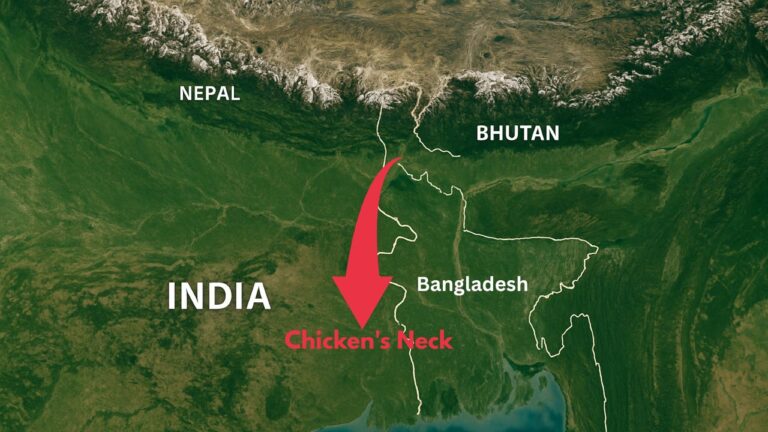
Muharram: What Makes This Month So Sacred? (Pic Source: Unsplash)
Muharram, the inaugural month of the Islamic lunar calendar, carries profound importance among Muslims worldwide. It is a month of deep reflection, mourning, and spiritual introspection. The tenth day of Muharram, known as Ashura, marks one of the most significant events in Islamic history, particularly for the followers of Shia Islam. This article explores the importance of Muharram, the observance of Ashura, and the practices associated with this sacred month.
Table of Contents
Significance of Muharram
Muharram is considered a sacred and holy month in Islam, second only to Ramadan. The word “Muharram” itself means “forbidden” in Arabic, and it is believed to be a time of peace and reflection. During this month, Muslims are encouraged to engage in acts of charity, fasting, and prayer, seeking spiritual growth and closeness to Allah.
The Observance of Ashura
Ashura is the pinnacle of Muharram and holds immense significance for both Sunni and Shia Muslims, albeit observed differently. For Sunni Muslims, Ashura commemorates the victory of Prophet Moses (Musa) and the Israelites over the Pharaoh, while for Shia Muslims, it marks the martyrdom of Imam Hussein ibn Ali, the grandson of Prophet Muhammad.
The Tragedy of Karbala
The event that defines the significance of Ashura for Shia Muslims is the Battle of Karbala, which took place on the tenth day of Muharram in the year 680 AD. Imam Hussein, along with a small group of followers and family members, faced a large army of the Umayyad Caliphate led by Yazid I. Despite being vastly outnumbered, Imam Hussein chose to stand up against injustice and oppression. The battle resulted in a tragic and heart-wrenching massacre, leading to the martyrdom of Imam Hussein and his companions.
Communal Mourning and Reflection
During Muharram, especially on the day of Ashura, Shia Muslims observe rituals of mourning and remembrance to commemorate the suffering and sacrifice of Imam Hussein. These rituals often involve processions, recitations of elegies and poetry lamenting the events of Karbala, and reenactments of the tragedy to keep its memory alive.
One of the most striking features of these processions is the “Taziya” or “Taboot,” which are replicas of the shrine of Imam Hussein. They are carried through the streets as a symbol of grief and solidarity with the pain suffered by Imam Hussein and his family.

Fasting on Ashura
Fasting on the day of Ashura is a common practice for both Sunni and Shia Muslims. For Sunni Muslims, it is a recommended practice based on the narration that the Prophet Muhammad observed fasting on this day as gratitude for the victory of Prophet Moses. For Shia Muslims, it holds a deeper meaning as they fast to empathize with the hunger and thirst endured by Imam Hussein and his followers during the battle of Karbala.
Universal Lessons from Muharram
Muharram and the events of Karbala carry profound lessons for people of all faiths and backgrounds. The courage and sacrifice of Imam Hussein teach us to stand firm in the face of oppression and injustice, even in the most challenging circumstances. It reminds us of the importance of upholding principles and values, even when it seems that the odds are against us.
Moreover, the commemoration of Muharram encourages a sense of empathy and compassion for the suffering of others. It reminds us of the universal human values of justice, equality, and compassion, which are vital for building a harmonious and peaceful world.
Conclusion
Muharram is a sacred month that provides Muslims with an opportunity for spiritual growth, reflection, and remembrance. The observance of Ashura, particularly by Shia Muslims, is a poignant reminder of the tragic events at Karbala and the enduring legacy of Imam Hussein’s sacrifice.
While Muharram has deep-rooted historical and religious significance, its universal lessons of courage, justice, and empathy resonate with people of all faiths and cultures. It serves as a reminder for humanity to stand against oppression, uphold principles, and strive for a world that embodies compassion and understanding.






